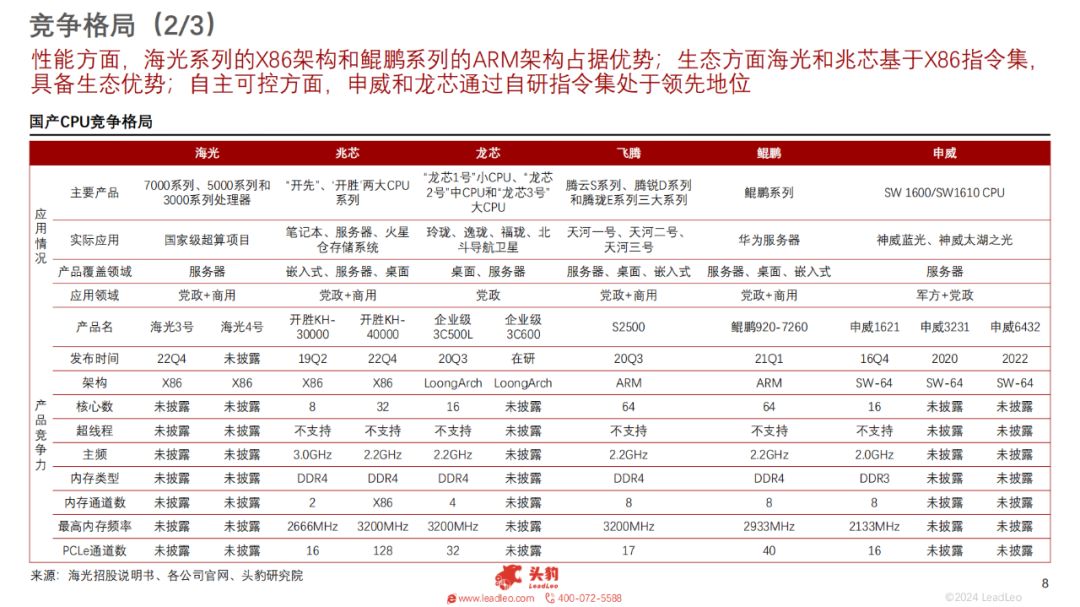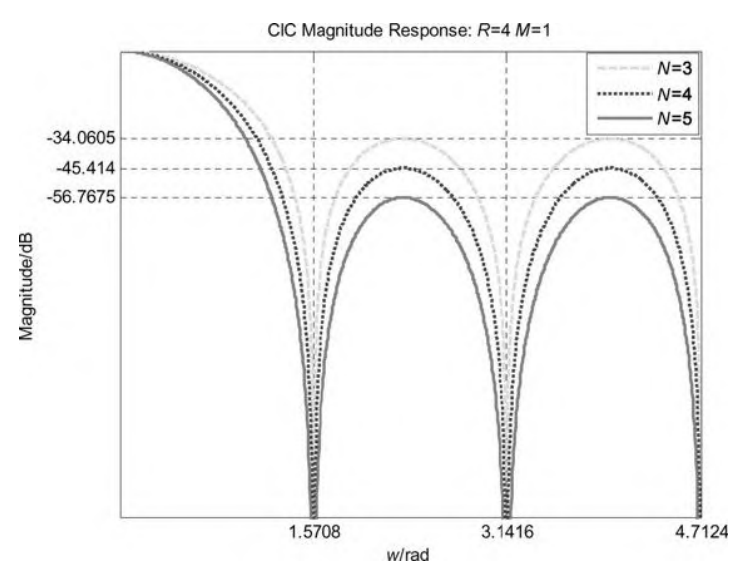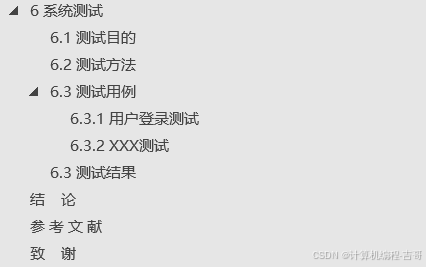
🌹个人主页🌹:喜欢草莓熊的bear
🌹专栏🌹:C++入门
目录
前言
一、C++的第一个程序
二、 命名空间
2.1 namespace的价值
2.2 namesapce的定义(这里一些东西以记住加理解为主)
2.3 命名空间的使用
三、C++的输入和输出
四、缺参函数、重载函数
4.1 缺参函数
4.2 重载函数
五、引用
5.1 引用的概念和定义
5.2 引用的特性
5.3 引用的使用
5.4 const的引用
5.5 指针和引用的关系
5.6 内立联函数 (inline)
回归一些宏函数
5.7 C++里面的空指针(nullptr)
总结
前言
本节内容重点是“ 命名空间 ” 、引用、缺参函数、重载函数。
一、C++的第一个程序
C++兼容C语⾔绝⼤多数的语法,所以C语⾔实现的hello world依旧可以运⾏,C++中需要把定义⽂件代码后缀改为.cpp,vs编译器看到是.cpp就会调⽤C++编译器编译,linux下要⽤g++编译,不再是gcc
C++有自己的一套输入和输出,下面就展示一下
#include<iostream>
using namesapce std;
int main()
{
cout<<"hello world"<<endl
return 0;
} 
这就是我们C++自己的一套输入和输出,这里的cout 和 endl不理解没关系。先记着!
二、 命名空间
2.1 namespace的价值
#include <stdlib.h>
int rand = 10;
int main()
{
// 编译报错:error C2365: “rand”: 重定义;以前的定义是“函数”
printf("%d\n", rand);
return 0;
}解决办法(利用命名空间来解决重定义的问题,这里涉及到了一些命名空间的使用)
#include <iostream>
namesapace rose
{
int rand = 10;
}
int main()
{
// 编译报错:error C2365: “rand”: 重定义;以前的定义是“函数”
printf("%d\n", rose::rand);
return 0;2.2 namesapce的定义(这里一些东西以记住加理解为主)
#include <iostream>
namesapace rose
{
int rand = 10;
}
int main()
{
// 编译报错:error C2365: “rand”: 重定义;以前的定义是“函数”
printf("%p\n",rand);//%p是打印地址的
printf("%d\n", rose::rand);
return 0;2.3 命名空间的使用
#include<stdio.h>
namespace bit
{
int a = 0;
int b = 1;
}
int main()
{
// 编译报错:error C2065: “a”: 未声明的标识符
printf("%d\n", a);
return 0;
}
3种使用命名空间的方式
// 指定命名空间访问
int main()
{
printf("%d\n", N::a);
return 0;
}
// using将命名空间中某个成员展开
using N::b;
int main()
{
printf("%d\n", N::a);
printf("%d\n", b);
return 0;
}
// 展开命名空间中全部成员
using namespce N;
int main()
{
printf("%d\n", a);
printf("%d\n", b);
return 0;
}三、C++的输入和输出
#define _CRT_SECURE_NO_WARNINGS 1
#include <iostream>
using namespace std;
int main()
{
int a = 0;
double b = 0.1;
char c = 'x';
cout << a << " " << b << " " << c << endl;
std::cout << a << " " << b << " " << c << std::endl;
scanf("%d%lf", &a, &b);
printf("%d %lf\n", a, b);
// 可以⾃动识别变量的类型
cin >> a;
cin >> b >> c;
cout << a << endl;
cout << b << " " << c << endl;
return 0;
}四、缺参函数、重载函数
4.1 缺参函数
#include <iostream>
#include <assert.h>
using namespace std;
void Func(int a = 0)
{
cout << a << endl;
}
int main()
{
Func(); // 没有传参时,使⽤参数的默认值
Func(10); // 传参时,使⽤指定的实参
return 0;
}#include <iostream>
using namespace std;
// 全缺省
void Func1(int a = 10, int b = 20, int c = 30)
{
cout << "a = " << a << endl;
cout << "b = " << b << endl;
cout << "c = " << c << endl << endl;
}
// 半缺省
void Func2(int a, int b = 10, int c = 20)
{
cout << "a = " << a << endl;
cout << "b = " << b << endl;
cout << "c = " << c << endl << endl;
}
int main()
{
Func1();
Func1(1);
Func1(1,2);
Func1(1,2,3);
Func2(100);
Func2(100, 200);
Func2(100, 200, 300);
return 0;
}
4.2 重载函数
#include<iostream>
using namespace std;
// 1、参数类型不同
int Add(int left, int right)
{
cout << "int Add(int left, int right)" << endl;
return left + right;
}
double Add(double left, double right)
{
cout << "double Add(double left, double right)" << endl;
return left + right;
}
// 2、参数个数不同
void f()
{
cout << "f()" << endl;
}
void f(int a)
{
cout << "f(int a)" << endl;
}
// 3、参数类型顺序不同
void f(int a, char b)
{
cout << "f(int a,char b)" << endl;
}
void f(char b, int a)
{
cout << "f(char b, int a)" << endl;
}
// 返回值不同不能作为重载条件,因为调⽤时也⽆法区分
//void fxx()
//{}
//
//int fxx()
//{
// return 0;
//}
// 下⾯两个函数构成重载
// f()但是调⽤时,会报错,存在歧义,编译器不知道调⽤谁
void f1()
{
cout << "f()" << endl;
}
void f1(int a = 10)
{
cout << "f(int a)" << endl;
}
int main()
{
Add(10, 20);
Add(10.1, 20.2);
f();
f(10);
f(10, 'a');
f('a', 10);
return 0;
}五、引用
5.1 引用的概念和定义
#include<iostream>
using namespace std;
int main()
{
int a = 0;
// 引⽤:b和c是a的别名
int& b = a;
int& c = a;
// 也可以给别名b取别名,d相当于还是a的别名
int& d = b;
++d;
// 这⾥取地址我们看到是⼀样的
cout << &a << endl;
cout << &b << endl;
cout << &c << endl;
cout << &d << endl;
return 0;
}
5.2 引用的特性
#include<iostream>
using namespace std;
int main()
{
int a = 10;
// 编译报错:“ra”: 必须初始化引⽤
//int& ra;
int& b = a;
int c = 20;
// 这⾥并⾮让b引⽤c,因为C++引⽤不能改变指向,
// 这⾥是⼀个赋值
b = c;
cout << &a << endl;
cout << &b << endl;
cout << &c << endl;
return 0;
}5.3 引用的使用
void Swap(int& rx, int& ry)
{
int tmp = rx;
rx = ry;
ry = tmp;
}
int main()
{
int x = 0, y = 1;
cout << x <<" " << y << endl;
Swap(x, y);
cout << x << " " << y << endl;
return 0;
}这里用引用就可以代替二级指针了。
// ⼀些主要⽤C代码实现版本数据结构教材中,使⽤C++引⽤替代指针传参,⽬的是简化程序,避开复
杂的指针,但是很多同学没学过引⽤,导致⼀头雾⽔。
void SeqPushBack(SLT& sl, int x)
{}
typedef struct ListNode
{
int val;
struct ListNode* next;
}LTNode, *PNode;
// 指针变量也可以取别名,这⾥LTNode*& phead就是给指针变量取别名
// 这样就不需要⽤⼆级指针了,相对⽽⾔简化了程序
//void ListPushBack(LTNode** phead, int x)
//void ListPushBack(LTNode*& phead, int x)
void ListPushBack(PNode& phead, int x)
{
PNode newnode = (PNode)malloc(sizeof(LTNode));
newnode->val = x;
newnode->next = NULL;
if (phead == NULL)
{
phead = newnode;
}
else
{
//...
}
int main()
{
PNode plist = NULL;
ListPushBack(plist, 1);
return 0;
}5.4 const的引用
int main()
{
const int a = 10;
// 编译报错:error C2440: “初始化”: ⽆法从“const int”转换为“int &”
// 这⾥的引⽤是对a访问权限的放⼤
//int& ra = a;
// 这样才可以
const int& ra = a;
// 编译报错:error C3892: “ra”: 不能给常量赋值
//ra++;
// 这⾥的引⽤是对b访问权限的缩⼩
int b = 20;
const int& rb = b;
// 编译报错:error C3892: “rb”: 不能给常量赋值
//rb++;
return 0;
}#include<iostream>
using namespace std;
int main()
{
int a = 10;
const int& ra = 30;
// 编译报错: “初始化”: ⽆法从“int”转换为“int &”
// int& rb = a * 3;
const int& rb = a*3;
double d = 12.34;
// 编译报错:“初始化”: ⽆法从“double”转换为“int &”
// int& rd = d;
const int& rd = d;
return 0;
}5.5 指针和引用的关系
5.6 内立联函数 (inline)
回归一些宏函数

加括号还是为了优先级的问题。
5.7 C++里面的空指针(nullptr)
NULL实际是⼀个宏,在传统的C头⽂件(stddef.h)中,可以看到如下代码:
#ifndef NULL
#ifdef __cplusplus
#define NULL 0
#else
#define NULL ((void *)0)
#endif
#endif • C++中NULL可能被定义为字⾯常量0,或者C中被定义为⽆类型指针(void*)的常量。不论采取何种
定义,在使⽤空值的指针时,都不可避免的会遇到⼀些⿇烦,本想通过f(NULL)调⽤指针版本的
f(int*)函数,但是由于NULL被定义成0,调⽤了f(int x),因此与程序的初衷相悖。f((void*)NULL);
调⽤会报错。
• C++11中引⼊nullptr,nullptr是⼀个特殊的关键字,nullptr是⼀种特殊类型的字⾯量,它可以转换
成任意其他类型的指针类型。使⽤nullptr定义空指针可以避免类型转换的问题,因为nullptr只能被
隐式地转换为指针类型,⽽不能被转换为整数类型。
#include<iostream>
using namespace std;
void f(int x)
{
cout << "f(int x)" << endl;
}
void f(int* ptr)
{
cout << "f(int* ptr)" << endl;
}
int main()
{
f(0);
// 本想通过f(NULL)调⽤指针版本的f(int*)函数,但是由于NULL被定义成0,调⽤了f(int
x),因此与程序的初衷相悖。
f(NULL);
f((int*)NULL);
// 编译报错:error C2665: “f”: 2 个重载中没有⼀个可以转换所有参数类型
// f((void*)NULL);
f(nullptr);
return 0;
}总结
总点:命名空间的使用和了解,引用的指针的关系。

















![[000-01-008].第05节:OpenFeign高级特性-日志打印功能](https://i-blog.csdnimg.cn/direct/008c14fe0d09467c8ae60e9acee9469a.png)

